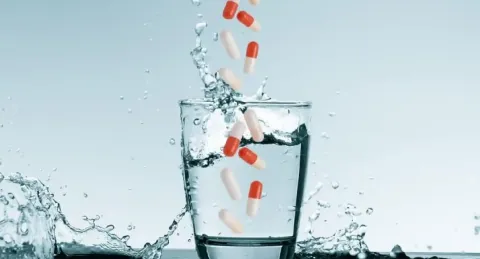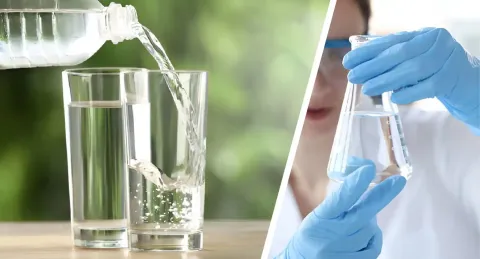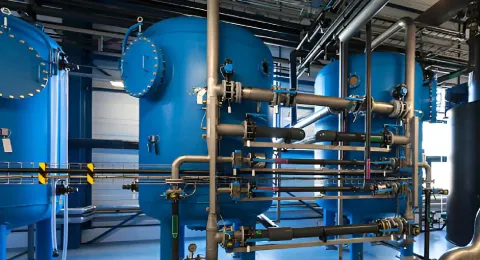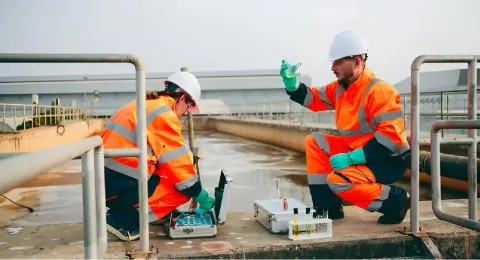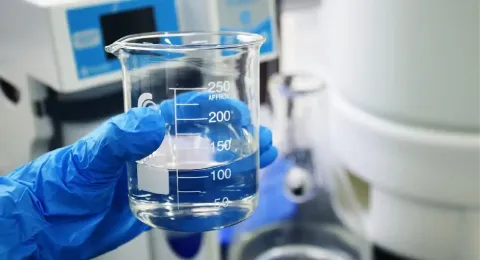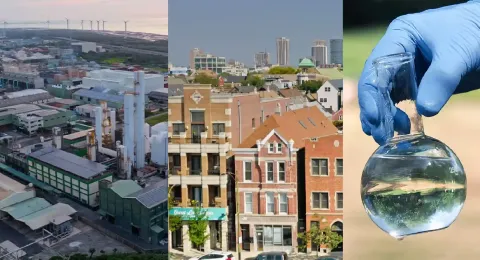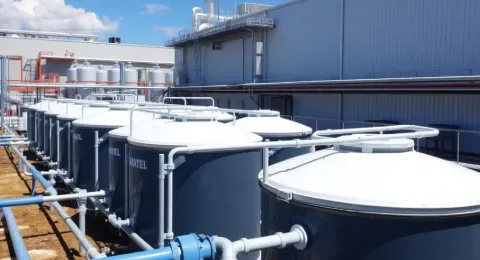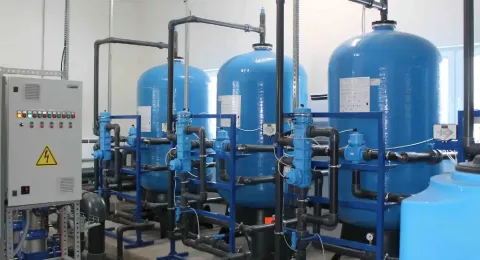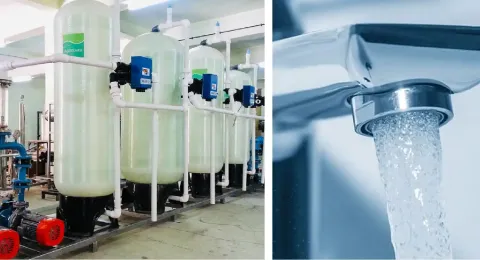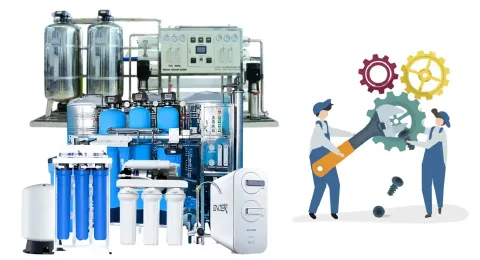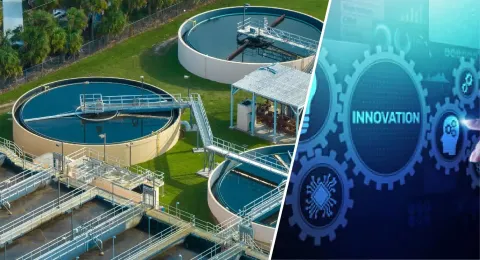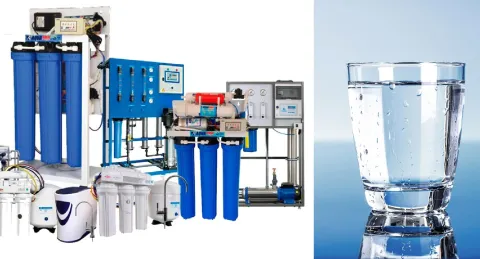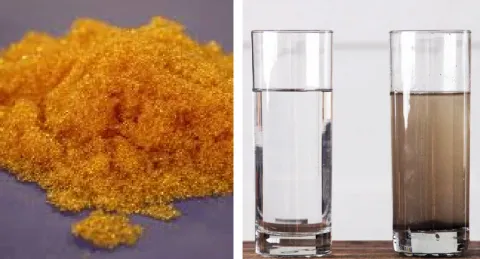Reservoirs
play a vital role in ensuring a reliable water supply for drinking, irrigation,
hydropower, and industrial uses. Effective reservoir management balances
competing demands while safeguarding water quality, minimizing environmental
impacts, and preparing for challenges such as climate change and population
growth.
This
article explores the principles, strategies, and tools involved in managing
reservoirs for sustainable water supply.
Why is Reservoir Management Important?
- Water
Supply Security: Ensures consistent availability of water for
domestic, agricultural, and industrial use.
- Flood
Control: Regulates water flow to reduce the risk of
downstream flooding.
- Hydropower
Generation: Provides water storage for energy
production.
- Environmental
Conservation: Maintains ecosystems dependent on reservoir
and downstream water levels.
- Climate
Adaptation: Enhances resilience against droughts,
erratic rainfall, and changing weather patterns.
Key Principles of Reservoir Management
- Optimizing
Storage and Release: Balancing storage to meet current and future
water demands while preventing overflow or scarcity.
- Maintaining
Water Quality: Preventing contamination to ensure water is
suitable for intended uses.
- Balancing
Competing Demands: Managing conflicts among municipal,
agricultural, industrial, and ecological needs.
- Sustainability:
Protecting the reservoir and its surroundings to support long-term use.
Strategies for Effective Reservoir Management
1. Water Quality Monitoring and Control
- Regular
Testing: Monitor parameters like pH, dissolved
oxygen, turbidity, and contaminant levels.
- Eutrophication
Prevention: Reduce nutrient inflows by controlling
agricultural runoff and wastewater discharge.
- Sediment
Management: Dredge accumulated sediments to maintain
storage capacity and prevent water quality degradation.
2. Controlled Water Release
- Flow
Regulation: Use gates and spillways to release water
based on demand and downstream conditions.
- Ecological
Flow:
Ensure sufficient water release to sustain downstream ecosystems and
aquatic habitats.
3. Demand Forecasting and Planning
- Seasonal
Forecasting: Use weather and hydrological data to predict
water inflows and demand.
- Allocation
Planning: Allocate water resources equitably across
sectors, considering both short-term needs and long-term sustainability.
4. Integrated Water Resource Management (IWRM)
- Watershed
Protection: Manage the surrounding watershed to reduce
erosion, sedimentation, and pollution.
- Stakeholder
Collaboration: Engage communities, industries, and
governments in decision-making to balance competing interests.
5. Infrastructure Maintenance
- Inspection
and Repair: Regularly inspect dams, spillways, and pipelines
to prevent structural failures.
- Upgrades:
Modernize facilities with automated systems for efficient water flow and
quality management.
6. Drought and Flood Preparedness
- Drought
Contingency Plans: Establish protocols for water rationing and
alternative supply sources during shortages.
- Flood
Control Measures: Maintain buffer storage to manage heavy
rainfall events.
Technological Tools for Reservoir Management
- Real-Time
Monitoring Systems
- Use
IoT sensors to track water levels, inflows, outflows, and water quality.
- Hydrological
Modeling
- Simulate
reservoir inflows, sedimentation, and climate scenarios to inform
management decisions.
- Automated
Control Systems
- Implement
automated gates and valves to optimize water release based on real-time
data.
- GIS
Mapping
- Use
Geographic Information Systems (GIS) to monitor land use changes and
their impact on the reservoir.
Challenges in Reservoir Management
- Climate
Variability
- Unpredictable
rainfall patterns and prolonged droughts complicate storage and release
planning.
- Population
Growth
- Increasing
demand for water intensifies pressure on reservoir resources.
- Pollution
- Industrial
and agricultural runoff contributes to reservoir contamination.
- Aging
Infrastructure
- Many
reservoirs and dams require costly upgrades or replacements.
- Ecosystem
Impacts
- Poorly
managed reservoirs can disrupt natural river flow, affect biodiversity,
and harm aquatic ecosystems.
Case Studies: Successful Reservoir Management
1. Hoover Dam, USA
- Provides
water for irrigation, municipal use, and hydropower while maintaining
recreational opportunities.
- Uses
advanced hydrological modeling for efficient water allocation among
states.
2. Three Gorges Dam, China
- Balances
water storage, flood control, and energy generation, supporting millions
of people.
- Implements
sediment flushing to maintain capacity and water quality.
3. Murray-Darling Basin, Australia
- Uses
IWRM principles to allocate water equitably among agriculture,
communities, and the environment.
Best Practices for Sustainable Reservoir Management
- Adopt
Nature-Based Solutions
- Restore
wetlands and riparian buffers to improve water quality and reduce
sedimentation.
- Promote
Water Conservation
- Encourage
efficient water use through public awareness campaigns and incentives.
- Enhance
Community Engagement
- Involve
local communities in monitoring and decision-making processes to ensure
fair and transparent management.
- Leverage
Renewable Energy
- Integrate
solar or wind power with reservoir hydropower to diversify energy
sources.
- Regular
Policy Review
- Update
regulations to reflect evolving environmental, social, and economic
conditions.
Conclusion
Reservoir
management is a complex but essential practice for ensuring a sustainable water
supply. By integrating advanced technology, stakeholder collaboration, and
sustainable practices, reservoirs can effectively meet the growing demands of
diverse sectors while protecting the environment.
Investing
in innovative solutions and proactive management strategies will help safeguard
reservoirs for future generations, ensuring water security and resilience in
the face of global challenges.



